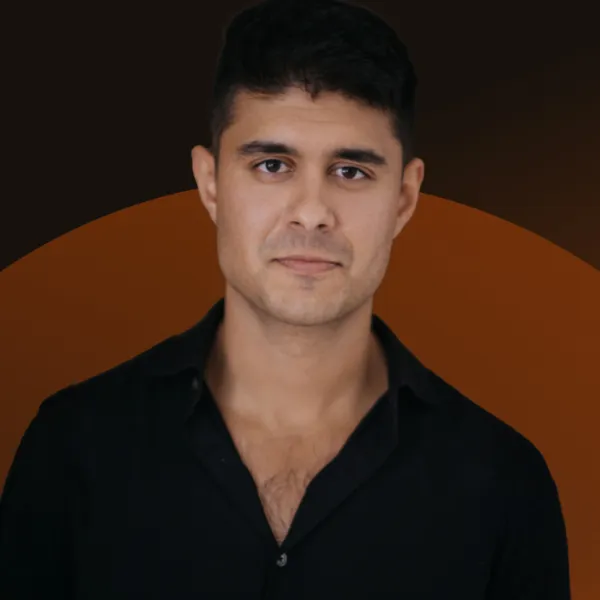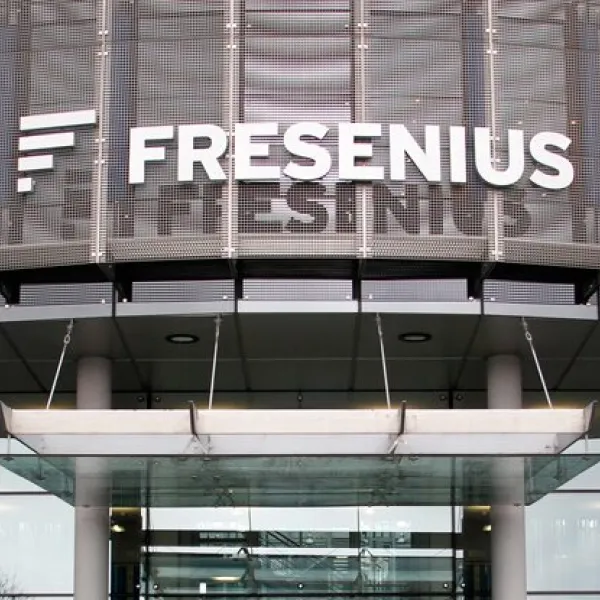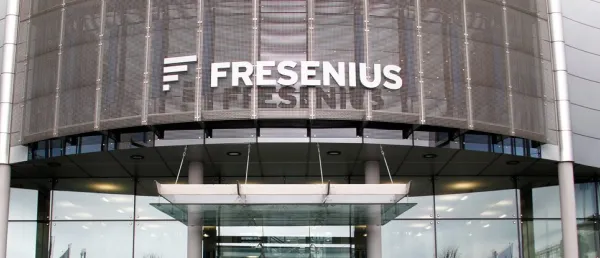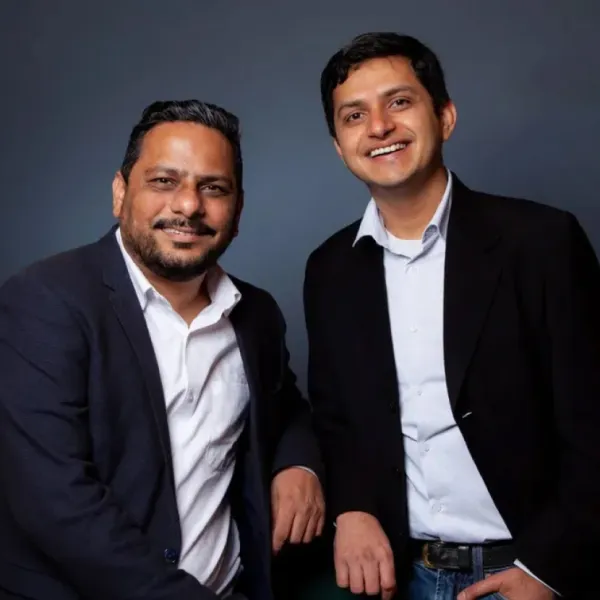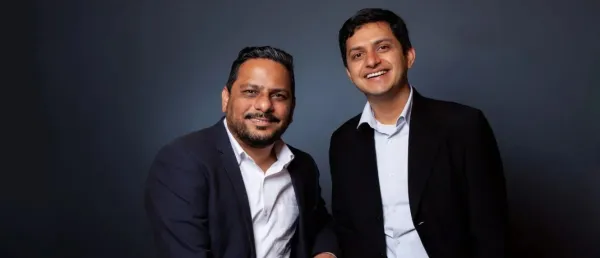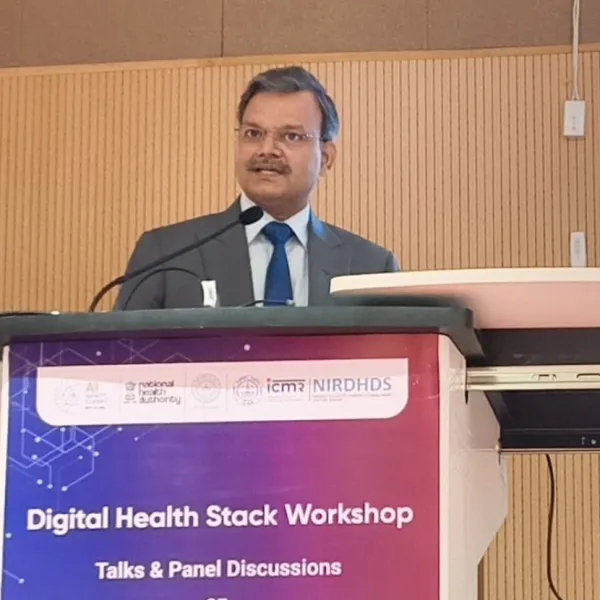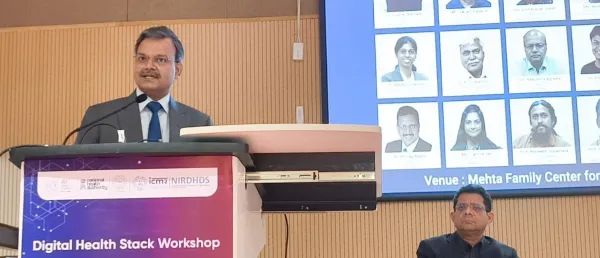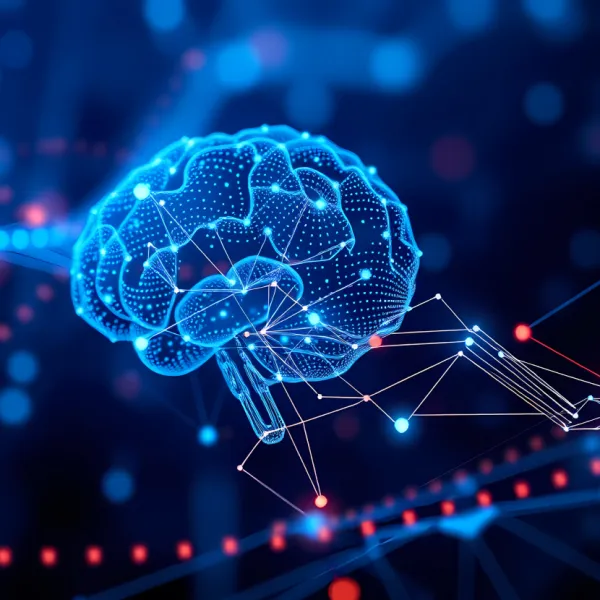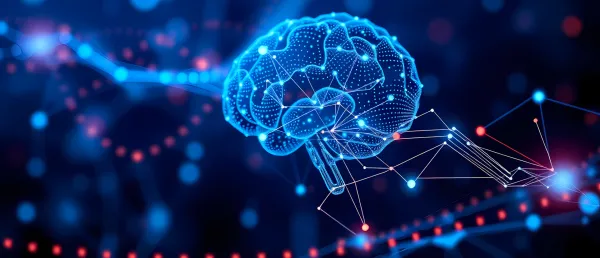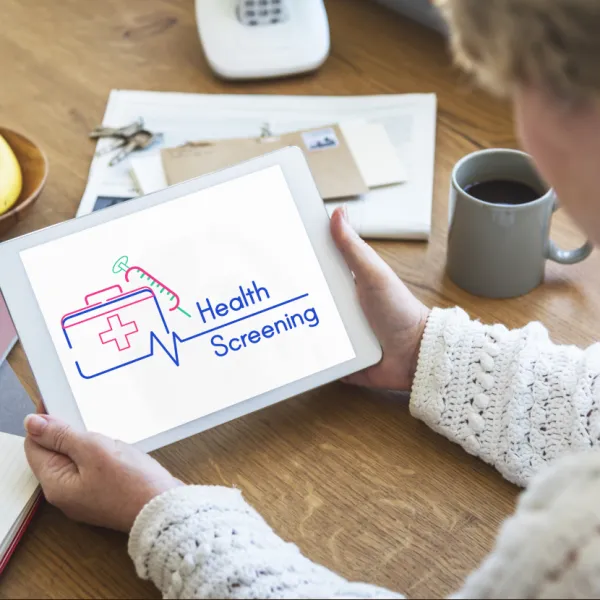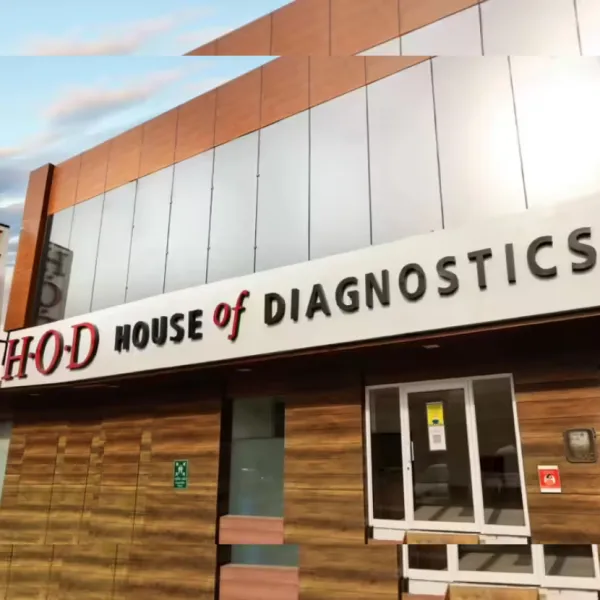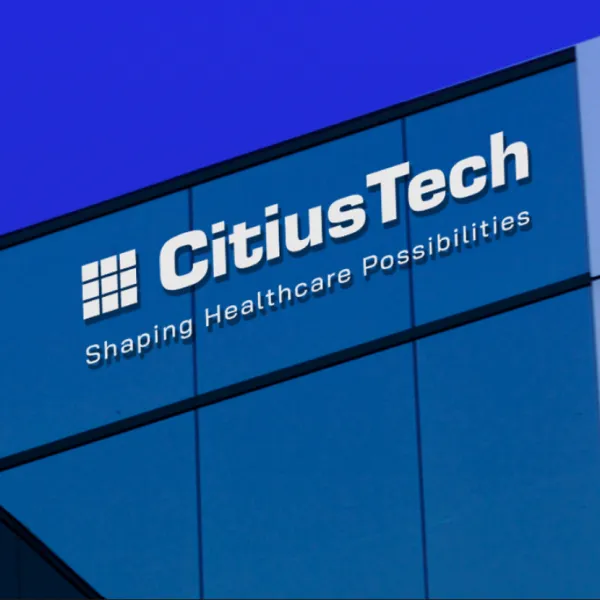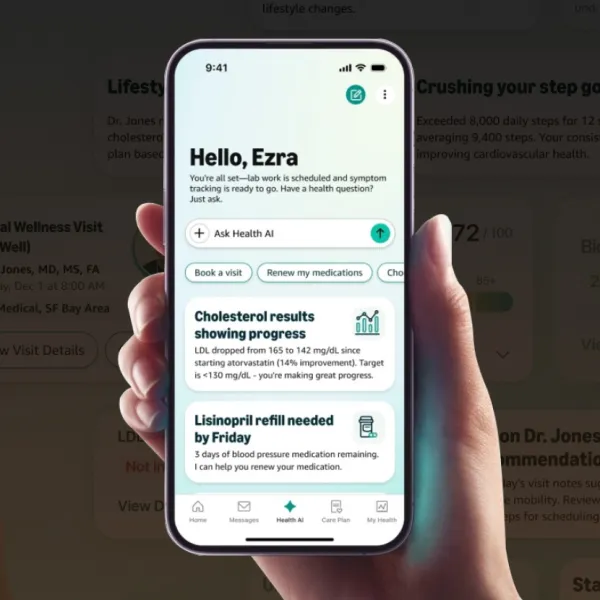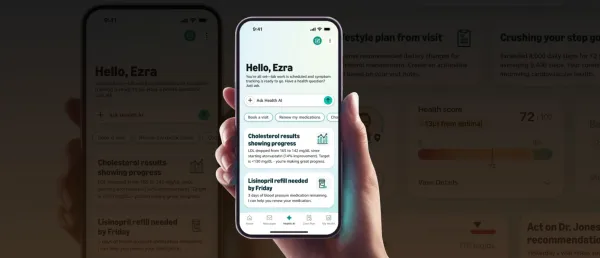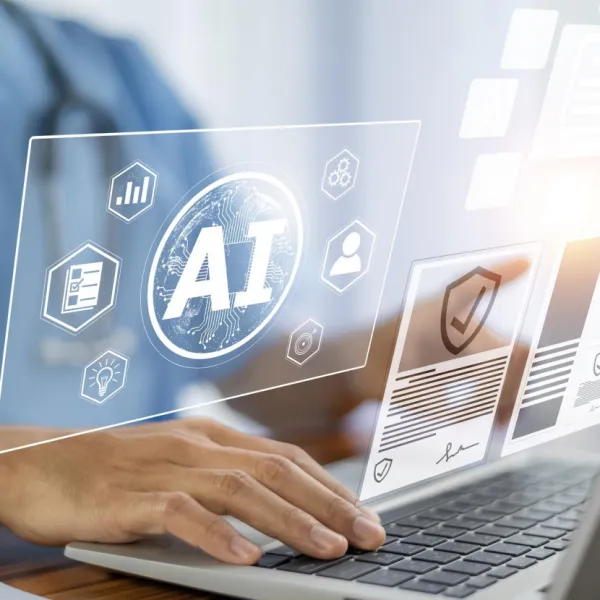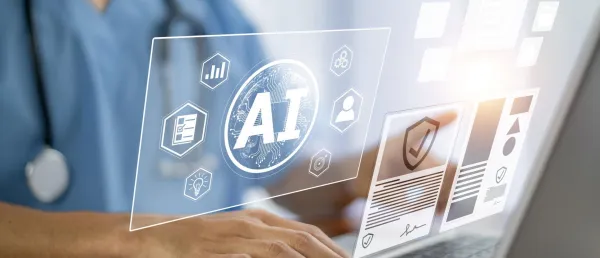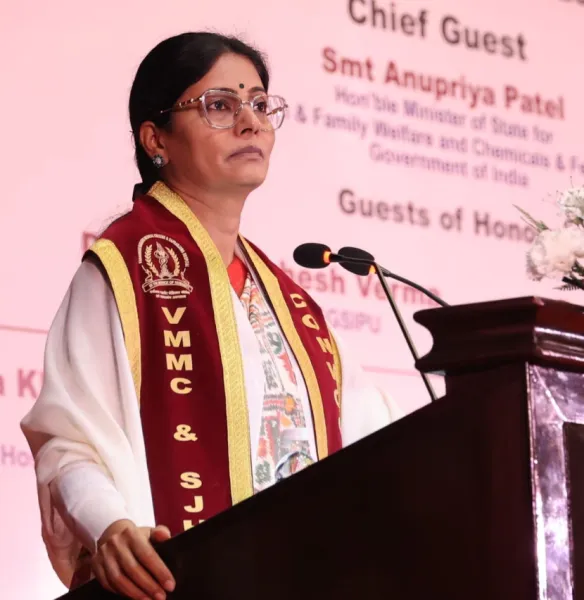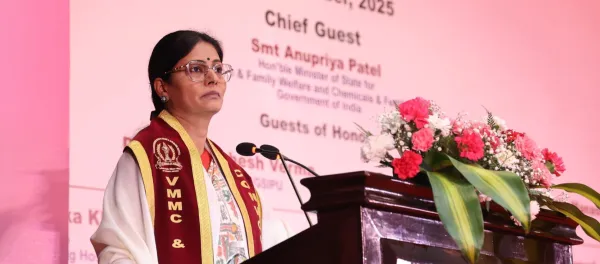AIIMS Delhi & CDAC Pune Collaborate to Launch iOncology.ai for Cancer Diagnosis

This AI platform analyses complex medical data with unparalleled accuracy and efficiency, significantly enhancing the chances of early cancer detection.
In a bid to combat the rising incidence of cancer in India, AIIMS Delhi has partnered with the Centre for Development of Advanced Computing (CDAC) Pune to introduce iOncology.ai, an AI-based platform aimed at revolutionising cancer diagnosis.
The iOncology.ai platform promises early cancer detection, a critical factor in improving patient outcomes. This AI platform analyses complex medical data with unparalleled accuracy and efficiency, significantly enhancing the chances of early cancer detection.
In an exclusive conversation with DHN, Dr Sushil K Meher, CIO at AIIMS Delhi, discussed the significance of iOncology.ai in facilitating early cancer detection.
He said, "iOncology.ai is the only AI-based product in India that facilitates early detection of cancer tumors integrated into capturing the clinical data, Medical imaging, and pathology imaging. It is available free to all the medical facilitators who are treating cancer patients. In future these data will be integrated with genetic and epigenetic data for early prediction more accurately.”
Following the integration at AIIMS, the iOncology.ai platform has been rolled out in five district hospitals nationwide. As per Meher, its user-friendly interface and grobust performance have earned accolades from cancer experts.
Rising Cancer Cases Demand Urgent Action
The urgency of addressing cancer is underscored by a recent study published in The Lancet, projecting a staggering increase in cancer cases in India. With estimates reaching 2.08 million by 2040, representing a 57.5% rise from 2020, the need for improved diagnostic measures is evident. In 2022 alone, over 8 lakh deaths in India were attributed to cancer, highlighting the pressing need for effective interventions.
Given the high prevalence of breast and ovarian cancers among women in India, iOncology.ai initially focuses on these domains. The platform's learning models are specially tailored to detect early signs of these cancers, offering a targeted approach to diagnosis and treatment.
AIIMS Fostering Digital Health Implementation
In a separate endeavour, AIIMS New Delhi has signed an MoU with the Directorate General of Employment, Ministry of Labour & Employment, Government of India, to address challenges faced by patients with rheumatological disorders. The MoU aims to provide vocational support and economic empowerment to these individuals, offering hope for a better quality of life.
Also, through collaborations with the National Career Service Centres for Differently Abled (NCSC-DA), the MoU seeks to facilitate skill certification and vocational training for patients with rheumatological disorders, enhancing their employability and economic independence.
The MoU signifies a significant step towards improving the lives of patients with disabilities resulting from rheumatological diseases. By providing avenues for skill development and gainful employment, it aims to alleviate the burden on caregivers and enhance the overall well-being of these individuals.
Founded in 1956, the All India Institute of Medical Sciences (AIIMS) in New Delhi was established by the then Prime Minister of India, Jawaharlal Nehru. It operates autonomously under the Ministry of Health and Family Welfare. As an Institute of National Importance, AIIMS Delhi aims to provide high-quality medical education and healthcare services. It also provides various healthcare services, including diagnostic tests and treatments.
During World Diabetes Day 2023, AIIMS Delhi began distributing free insulin to poor diabetic patients. This initiative provides free insulin vials to all patients who are prescribed insulin in the institute's outpatient departments (OPDs) and to those who are admitted and visit the OPD.
Days back, AIIMS Delhi launched free rapid cardiac service for thalassemia patients. This service, which assesses the amount of iron deposition in the cardiac muscle, can be completed in just eight minutes, transforming how thalassemia patients are screened and monitored.
Stay tuned for more such updates on Digital Health News







